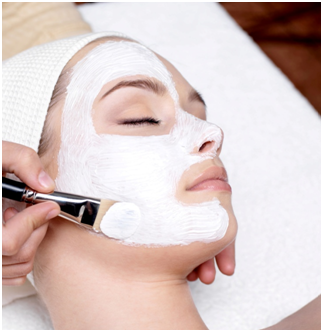Expert Witness Qualifications
In both criminal and civil courtrooms, questions frequently arise that can only be addressed by the testimony of an expert on a given subject. Expert witnesses can be summoned by either the prosecution or plaintiff in a trial, or by the defense. Expert witness testimony must provide technical analysis, but in order to be convincing, it must also support the reasoning put forward by the side that has solicited that testimony.
Expert Witness Qualifications
How do you become an expert witness? Typically, expert witnesses are people who’ve published well-known articles in their field, which signify to attorneys that these individuals are able to synthesize information and draw conclusions from those syntheses.
Initially, a lawyer may contact you about becoming an expert witness. If you agree, you’ll be paid for the time you spend reading and reviewing materials that pertain to the case you’ve been hired to explicate, and you’ll also be paid for the time you spend giving testimony at a deposition or in a courtroom. Additionally, you’ll be recompensed for any personal expenses you incur in conjunction with giving expert testimony.
If you find that being an expert witness is an enjoyable and meaningful sideline, you can sign up with an expert witness agency. Most expert witness agencies charge the attorney who ultimately hires the expert witness a finder’s fee, so you won’t be required to pay the agency a percentage of your own earnings.
Challenges For Expert Witnesses
As an expert witness, you’ll need to prepare extensively. You’ll have to reserve time for deposition and trial dates, and this may mean passing on other opportunities that come your way. Your research may need to exceed the scope of the materials given to you by the attorney. Presumably, the attorney is primarily interested in supporting his or her client’s claims; however, as an expert in a field, your interests will be broader. It’s always wise to protect your own rights here by signing a contract that stipulates the scope of your engagement.
In preparing your testimony, you’ll need to figure out convincing ways to talk about matters that can be highly technical in language that’s accessible to laypeople. If you use professional jargon, you may end up alienating your jury.
Remember, too, that you’re not being asked to render an opinion on the specifics of the case; you’re being asked to testify objectively about the area in which you have expertise.







